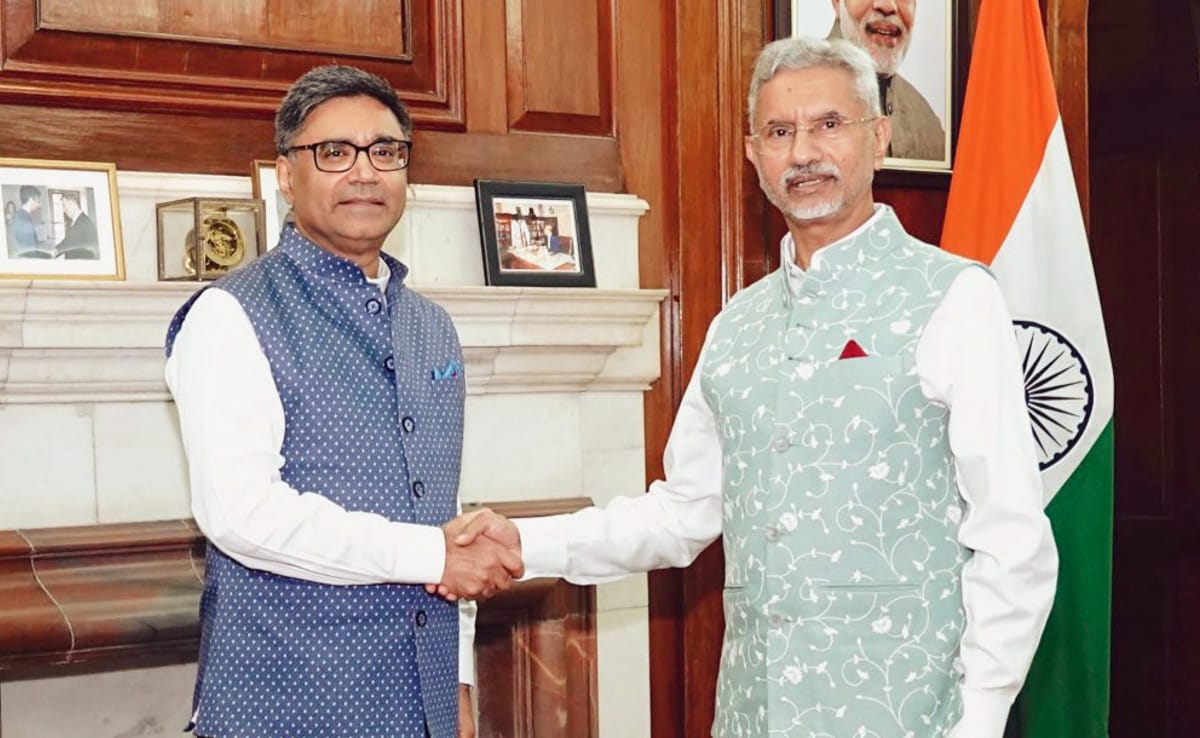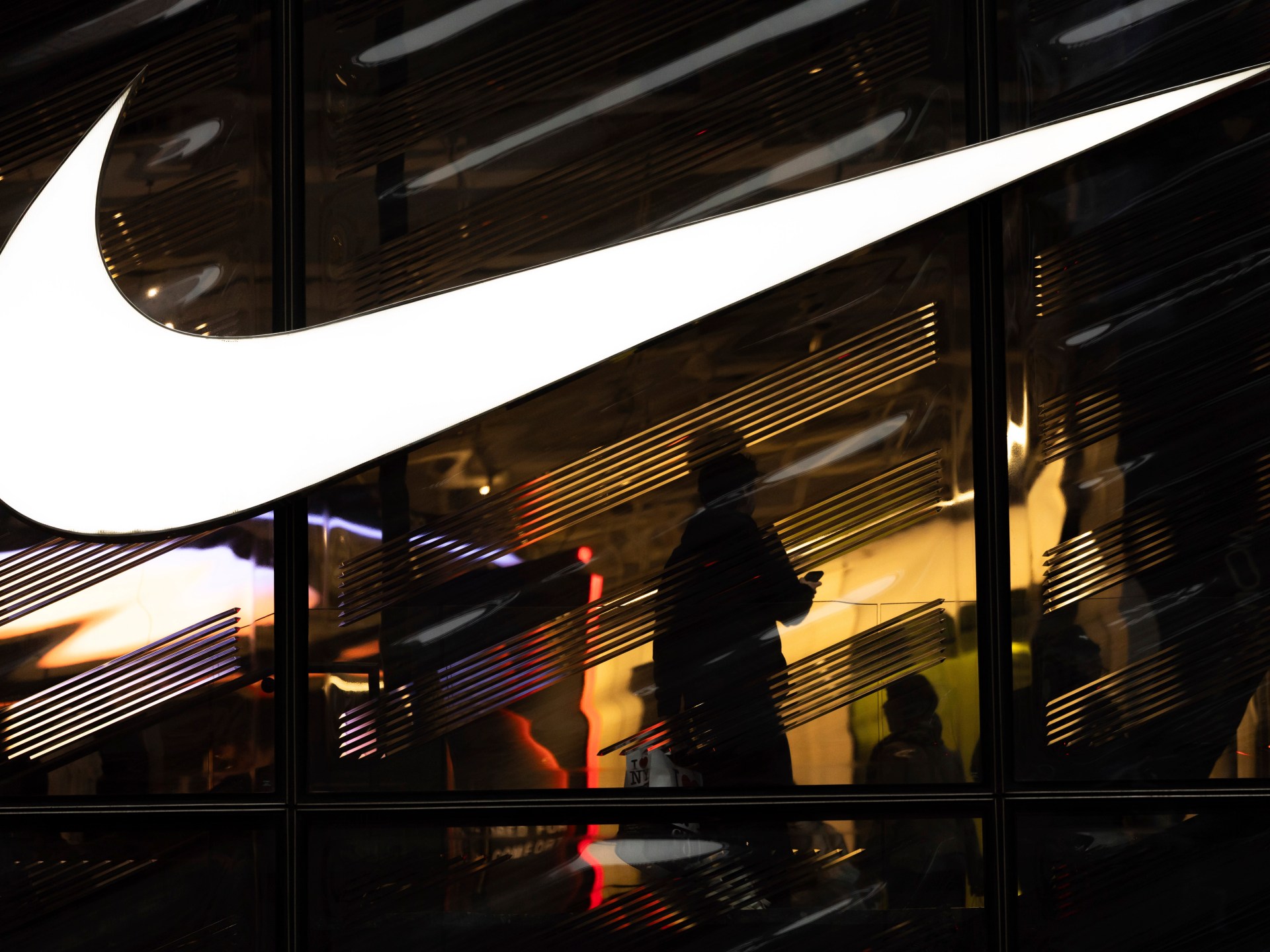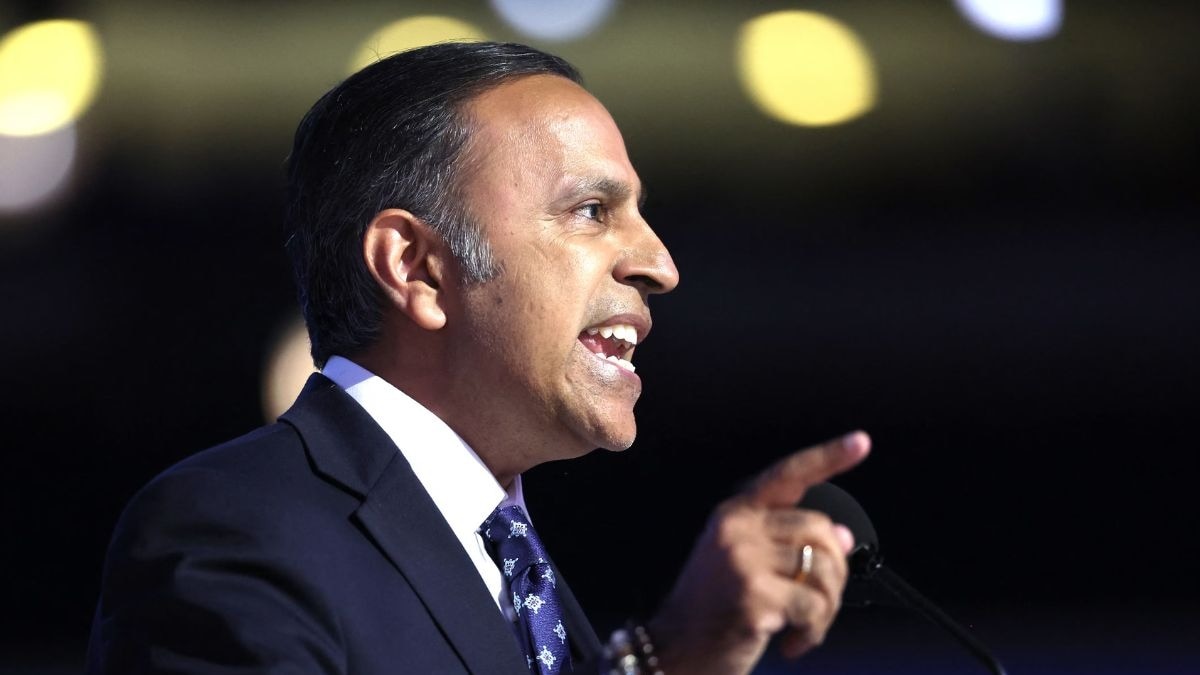New Delhi:
India’s diplomacy stands out globally for its ability to balance ties between adversaries. The latest example of this is happening this week. As foreign minister S Jaishankar touches down in New Delhi after a five-day visit to the US for Donald Trump’s inauguration, foreign secretary Vikram Misri heads to China to foster ties with Beijing.
Just ten days ago, during a visit to Spain, foreign minister S Jaishankar had said India is one of the very few countries in the world that can engage both Russia and Ukraine, as well as Israel and Iran. “This is something very, very unique. And it is unique because if you look at the world today, it is a very polarised world,” he said.
Donald Trump has threatened to impose hefty tariffs on China and even the BRICS+ countries, which India is a member of as well. China, the world’s second-largest economy, has warned that it will retaliate, should Washington actually follow through. President Trump has also targeted China over its presence in the Panama Canal and said the US will take control of the waterway even if it means involving the military. China, on the other hand, has warned Washington over its involvement with Taiwan. Both nations have sanctioned each other.
ENGAGING ALL SIDES
Amid all this, India, which according the PM Modi, has “always chosen the side of peace”, aims to engage all sides for positive and constructive outcomes. Earlier this week, S Jaishankar strengthened India-US bilateral ties when he met the US Secretary of State and National Security Adviser for their first foreign engagements after the Trump administration took over. As PM Modi’s special envoy, Dr Jaishankar was also given the first seat at the US President’s inauguration.
As he returned after concluding “a very positive” visit to Washington, India’s foreign secretary heads to Beijing to build the momentum in India-China ties following a meeting between PM Modi and Chinese President Xi Jinping in Russia late-last year. Foreign Secretary Misri’s visit was preceded by a visit by National Security Adviser Ajit Doval last month when he met Chinese foreign minister Wang Yi.
REBUILDING AFTER THE STORM
India and China, two of Asia’s leading economies and the world’s most populous nations, are working to boost bilateral ties after a four-and-a-half-year-long military standoff along the Line of Actual Control or LAC brought ties to a grinding halt. After dozens of rounds of talks – both diplomatically and militarily – an agreement was reached and troops on both sides pulled back from the buffer zones, returning the status quo-ante. This happened within a week of PM Modi and Xi Jinping announcing it during a meeting in Russia late last year. Following this, Chinese and Indian foreign and defence ministers also met each other on multilateral occasions.
After Ajit Doval, foreign secretary Vikram Misri’s will be the second high-level visit by an Indian official to Beijing in a month.
A WELCOME FROM BEIJING
China has welcomed Foreign Secretary Vikram Misri’s visit this weekend and sounded positive about its outcome. “We welcome Foreign Secretary Shri Vikram Misri’s travel to China for the meeting of the Foreign Secretary-Vice Minister mechanism between China and India,” Chinese Foreign Ministry Spokesperson Mao Ning said.
India’s Ministry of External Affairs also said that “Foreign Secretary Vikram Misri will be visiting Beijing on January 26 and 27 for a meeting of the Foreign Secretary-Vice Minister mechanism between India and China. The resumption of this bilateral mechanism flows from the agreement at the leadership level to discuss the next steps for India-China relations, including in the political, economic, and people-to-people domains.”
THE AGENDA
Besides bilateral issues such as boundary talks, maintaining peace along the LAC, the building of the world’s largest dam on the Brahmaputra, resumption of the Kailash Mansarovar Yatra, people-to-people ties, resuming direct flights between the two countries, and facilitate the issuance of visas to Chinese citizens, the two sides are also likely to touch upon issues of mutual global interest.
The BRICS+, where both countries are threatened with massive tariffs, might figure in talks as well, as would the latest sanctions threat to countries dealing with Russia and buying Russian oil – again a common threat to both countries. Regional issues such as the situation in the Middle East and in Syria are likely to be discussed too.
US backing out of the Paris Climate agreement and the WHO, as well as the much-needed reform of the United Nations and the Security Council are likely to be discussed as well.
For more news and updates, follow NDTV World on WhatsApp.


